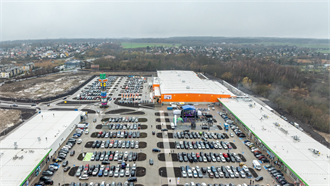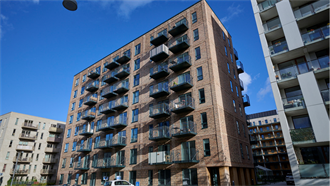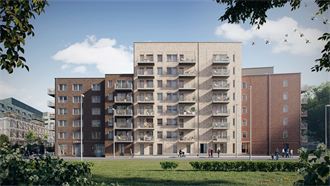The European Public Real Estate Association (EPRA) and the real estate sustainability benchmarking organisation GRESB have completed the comparative Gap analysis of EPRA’s latest Sustainability Best Practices Recommendations (sBPR) Guidelines with the 2018 GRESB Real Estate Assessment that encompasses public and private equity property investments.
EPRA, GRESB move closer to shared sustainability language
- In Market Watch
- 09:43, 30 April 2018
Premium subscriber content – please log in to read more or take a free trial.
Events
Latest news
Best read stories
-

Trei invests €44m in Polish retail parks over 2024
- 19-Dec-2024
International developer and asset holder Trei Real Estate has concluded 2024 with the opening of its 41st Vendo Park in Poland.
-

-
- 19-Dec-2024
CDC snaps up Paris office from Deka

-

-






























